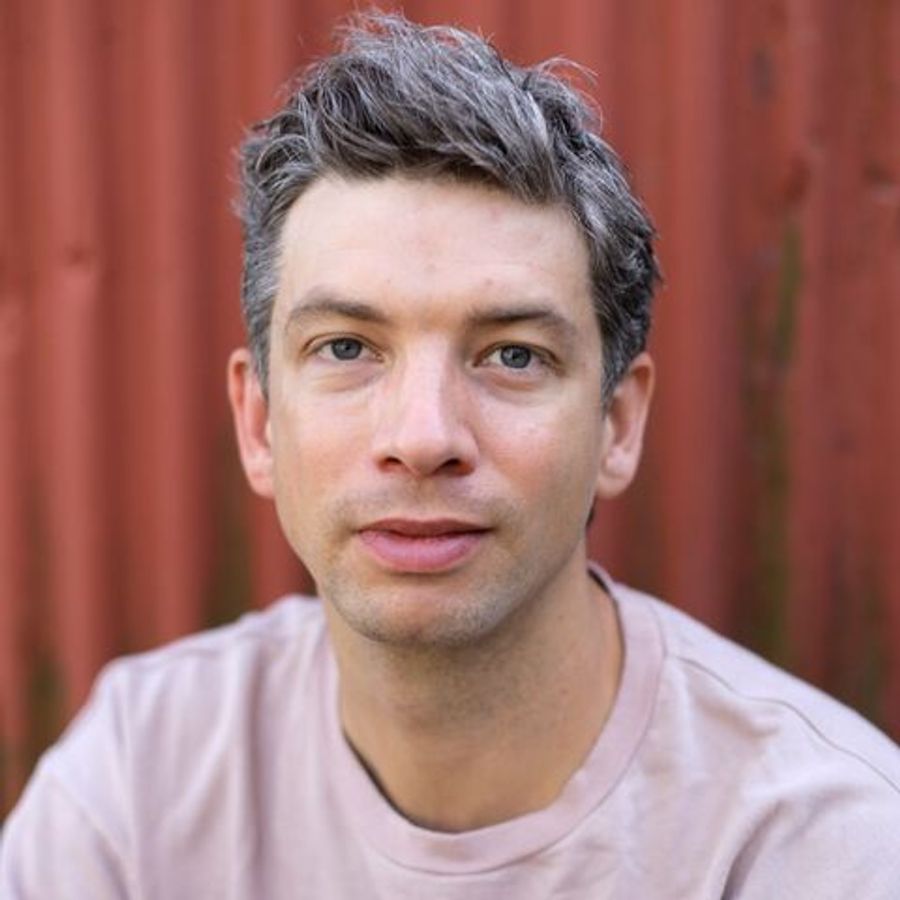
Director Leon Pfannenmuller
Leon Pfannenmüller was born in 1986 in Nuremberg and his journey into the world of theater began to take shape during his time at the Akademie für Darstellende Kunst in Ludwigsburg, where he pursued his studies in acting from 2008 to 2012. Even as a student, he displayed immense talent and dedication, earning opportunities to perform as a guest artist at esteemed venues such as the Thalia Theater in Hamburg, the Gostner Hoftheater in Nuremberg, and the Ludwigsburger Schlossfestspiele.
In 2012, Leon Pfannenmüller showcased his creative flair by directing Das Totenfest, a production based on a novel by Jean Genet, as part of the celebrations honoring Charles De Gaulle in Ludwigsburg.
From 2012 to 2017, he held a significant role as an ensemble member at the Münchner Volkstheater. During his time there, he made remarkable contributions, initiating and leading the renowned recurring event Die große Schau (The Grand Show). Moreover, at the Münchner Volkstheater, he collaborated with the band HAUT to create a captivating musical and theatrical adaptation of Eduard Limonow's novel Fuck off, Amerika, which received critical acclaim and was even invited to the prestigious Kaltstart-Festival in Hamburg.
Leon Pfannenmüller is also a founding member of the collective Prismen, known for its collaborations with the online magazine Telepolis, demonstrating his passion for exploring various forms of artistic expression.
In the years 2018 to 2020, he took on the role of an actor at the Theaterhaus Jena, further honing his skills and contributing his talents to the stage. After this enriching experience, he embraced a new chapter in his career as a freelance actor and director, showcasing his versatility and artistic vision.
Since the start of the 2021/22 theater season, Leon Pfannenmüller has rejoined the Theaterhaus as an esteemed ensemble member, solidifying his place in the theatrical world and continuing to inspire audiences with his remarkable performances and directorial prowess. His dedication to the craft and his innovative approach to theater make him a respected and admired figure in the industry, and his journey continues to shape the cultural landscape of contemporary theater.



